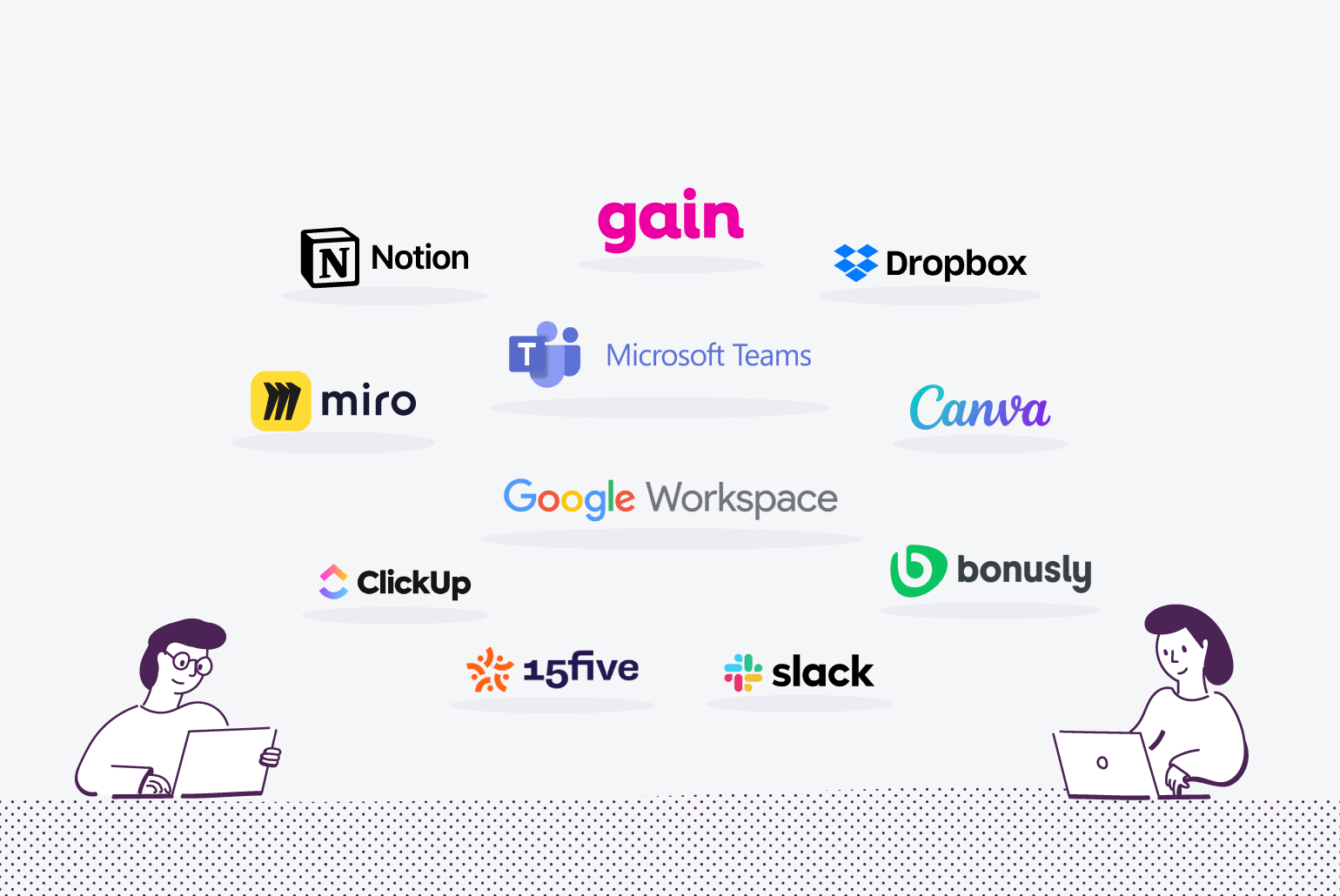Knowledge is a core asset in any organisation and sharing best practices effectively enables teams to work more efficiently, stay informed and continuously improve those all important processes.
Without a structured approach, organisations risk inefficiencies, duplication of effort, and the loss of institutional knowledge when employees move on.
At Titus, we help organisations level up their Learning Management Systems (LMS) to make sure that knowledge-sharing practices are organised, scalable, and most importantly, effective.
Whether you use Moodle, Totara, or another platform, the right strategy and tools can transform how your teams collaborate and develop.
Today we’re exploring the importance of sharing best practices, the challenges organisations may face, and the strategies and tools that can embed a culture of continuous learning.
What Does Sharing Best Practices Mean?
Sharing best practices means documenting, distributing, and implementing the most effective ways of working within an organisation. It ensures that employees have access to proven methods, reducing inefficiencies and improving overall performance.
By making knowledge accessible, organisations create a culture of collaboration, where teams learn from each other and refine processes over time. This approach prevents duplication of effort, strengthens consistency, and drives continuous improvement. Whether through formal training, mentoring, or digital platforms, structured knowledge sharing helps businesses align with strategic goals while fostering transparency, trust, and innovation across teams.

Importance of Sharing Best Practices
Put simply, sharing best practices is fundamental to an organisation’s long-term success. A workplace where knowledge passes from team to team or individual, will create a more resilient, adaptable, and capable organisation. But why should knowledge sharing be embedded into every organisation’s culture?
1. Strengthening Collaboration and Communication
When employees share knowledge, it enhances collaboration and communication across teams. A structured approach to tackling best practices makes sure that team members work towards shared objectives – rather than being stuck in silos. Allowing open discussion and shared resources leads to cooperation and more impactful teamwork.

2. Building a Culture of Trust and Transparency
A transparent workplace where best practices are documented and accessible creates trust across all levels. Employees who are included in decision-making are naturally more engaged and motivated. A culture of openness and continuos learning also encourages community building, making employees more invested in collective success rather than individual gains.
3. Improving Organisational Accomplishment and Goal Alignment
An organisation’s success is directly linked to how well employees understand and align with its broader mission, and by implementing clear knowledge-sharing practices, it means that common goals are front and centre. This puts goal alignment at the heart of your culture.
4. Retaining Expertise and Encouraging Continuous Improvement
A commonly overlooked, but very real risk within any organisation is that expertise is often lost when employees leave. Preserving expertise retention through well-documented best practices creates a safeguard and helps onboard new team members more effectively. Embracing knowledge sharing often promotes a culture of continuous improvement, meaning that best practices evolve over time.
5. Gaining a Competitive Advantage
The ability to learn from successes and failures allows teams to refine their approach and drive better results across all areas. This provides a distinct competitive advantage, and allows the organisation to remain resilient in an ever-changing business landscape.
Challenges in Sharing Best Practices
Despite all its benefits, many organisations naturally face obstacles when it comes to knowledge-sharing. Some of the most common challenges that we’ve come across include
1. Red Tape and Bureaucracy
Red tape can make implementing new initatives sluggish. As a result, team members may struggle to access information and approvals may be required before best practices can be implemented. Simplifying your processes and encouraging a culture of openness can help mitigate.
2. Lack of Collaboration
A big challenge that we’ve seen across countless organisation is when teams work in silos. Knowledge often remains within to specific department.
3. Misalignment with Organisational Goals
If knowledge-sharing doesn’t align with your company’s goals, team members might see them as burden rather than a tool that will ultimately lead to greater success. This is where open and constructive leadership is important. Leaders should focus on communicating how sharing best practices contributes to broader business success.

4. Outdated or Ineffective Tools
We’ve all come in contact with poorly maintained shared drives, unmanaged LMS and generally outdated systems. The low down is that this can quickly create friction for your team and stop your efforts in their track. Investing in modern tech like collaboration tools, and LMS platforms can streamline information sharing and ensure best practices are easily accessible.
5. Resistance to Change
Managing change is one of the biggest challenges not just when it comes to L&D across Employees who are accustomed to certain workflows may be hesitant to adopt new methods. Providing clear training sessions, demonstrating tangible benefits, and gradually integrating changes can help overcome this resistance.
The Role of Best Practices in Organisational Success
A strong knowledge-sharing culture doesn’t just work towards improving daily operations, it helps by aligning teams, reinforcing trust, and driving success.
1. Creating a More Collaborative Workplace
Employees actively share their knowledge encourages cooperation and breaks down silos that often hinder productivity. A transparent approach to best practices enables teams to work together more effectively, fostering an environment where employees feel empowered to contribute ideas and solutions.
2. Strengthening Goal Alignment
For an organisation to function efficiently, every employee needs to understand how their role fits into the bigger picture. Documenting and sharing best practices ensures that individuals and teams align with broader business objectives, leading to more cohesive decision-making and organisational accomplishment.
3. Enhancing Expertise Retention
When key employees leave, their knowledge often goes with them. A structured approach to best practice sharing preserves expertise retention, making critical knowledge accessible to both new and existing employees. This ensures continuity and prevents businesses from having to rebuild processes from scratch when staff turnover occurs.
Tools for Sharing Best Practices
The right tools can make sharing knowledge seamless and effective. Organisations can leverage the following:
1. Knowledge Management Systems (KMS)
A knowledge management system centralises all best practices, making them searchable and easy to update. This ensures employees have immediate access to critical information.

3. Collaborative Platforms
Tools like Microsoft Teams, Slack, or Confluence enable real-time collaboration, allowing teams to share updates, discuss improvements, and work together more effectively.

4. Document Collaboration and Shared Drives
Platforms like Google Docs, SharePoint, and shared project boards such as Trello or Asana ensure that best practices are documented, organised, and easily accessible across departments.
5. Video Conferencing and Social Learning Tools
Using tools like Zoom or Microsoft Teams for virtual meetings, training sessions, and recorded webinars ensures that knowledge is shared efficiently, regardless of location.

A structured approach to knowledge sharing fosters a collaborative, efficient, and innovative workplace. By addressing challenges, embedding best practice-sharing methods, and using the right tools, organisations can enhance productivity, innovation, and employee engagement.
At Titus, we support organisations in optimising their Moodle and Totara platforms to create structured, scalable, and engaging learning experiences. If you’re looking to enhance knowledge sharing within your organisation, get in touch with our team today.







